Off-grid micro-hydro power is your best choice for reliable, sustainable energy independence. You'll enjoy consistent electricity generation in all weather conditions, with minimal environmental impact. These systems are cost-effective in the long run, requiring little maintenance and lasting for decades. As your energy needs grow, micro-hydro setups can easily scale up. You'll benefit from government incentives and rebates, reducing initial costs. With quiet operation and a small footprint, these systems won't disrupt your surroundings. Remote monitoring capabilities guarantee smooth operation without constant oversight. Discover why micro-hydro power is the smart solution for your off-grid energy needs.
Reliability in All Weather Conditions

Micro-hydro power systems shine when it comes to reliability in all weather conditions. Unlike solar panels that depend on sunlight or wind turbines that require consistent breezes, micro-hydro generators harness the constant flow of water to produce electricity. This means you'll have a steady power supply regardless of cloud cover, time of day, or wind patterns.
During heavy rains or snowmelt, your micro-hydro system might even generate excess power, allowing you to store energy for later use. In drought conditions, as long as there's some water flow, you'll still produce electricity, albeit at a reduced rate. This adaptability guarantees you're never left in the dark.
Micro-hydro systems are also less vulnerable to extreme weather events. They're typically installed in protected areas along streams or rivers, shielding them from high winds or falling debris that could damage solar panels or wind turbines.
Additionally, the components are robust and designed to withstand constant exposure to water, making them highly durable in various climate conditions. You'll appreciate the peace of mind that comes with knowing your power source remains operational year-round, through storms, heatwaves, and everything in between.
Low Environmental Impact
While reliability is a key advantage, the environmental benefits of micro-hydro power systems are equally impressive. You'll be pleased to know that these systems have minimal impact on the surrounding ecosystem. Unlike large-scale hydroelectric dams, micro-hydro doesn't require flooding vast areas or disrupting fish migration patterns. Instead, it works with the natural flow of streams and rivers.
Your micro-hydro system won't produce greenhouse gases or other pollutants during operation. It's a clean, renewable energy source that helps reduce your carbon footprint. You'll also find that the installation process is less invasive than other renewable energy options. There's no need for extensive land clearing or habitat destruction.
Moreover, micro-hydro systems often enhance local ecosystems. The small dams or weirs used can create new habitats for aquatic life and help regulate water flow during dry seasons. You'll be supporting biodiversity while generating power.
The systems are also quiet, so you won't disturb local wildlife or your neighbors. By choosing micro-hydro, you're not just powering your home; you're actively contributing to environmental conservation.
Cost-Effective Long-Term Energy Solution

You'll find that micro-hydro power systems offer a cost-effective long-term energy solution due to their low maintenance requirements and stable energy production.
Once installed, these systems can operate for decades with minimal upkeep, providing a consistent source of electricity.
Additionally, you won't have to worry about ongoing fuel costs, as the flowing water serves as a free and renewable energy source.
Low Maintenance Requirements
One of the most compelling advantages of off-grid micro-hydro power systems is their remarkably low maintenance requirements. Unlike other renewable energy sources, micro-hydro systems have few moving parts and don't rely on complex mechanisms. This simplicity translates to minimal upkeep and reduced long-term costs for you.
You'll find that routine maintenance primarily involves keeping the intake area clear of debris and occasionally lubricating bearings. Most systems can operate for years with only periodic checks, saving you time and money. Here's a breakdown of typical maintenance tasks:
| Task | Frequency | Skill Level Required |
|---|---|---|
| Clear intake screen | Weekly | Low |
| Inspect penstock | Monthly | Low |
| Check turbine bearings | Quarterly | Medium |
| Clean generator | Annually | Medium |
| Full system inspection | Every 2-3 years | High |
Stable Energy Production
Micro-hydro power systems offer a remarkably stable energy production, making them a cost-effective long-term solution for off-grid living. Unlike solar or wind power, which can be intermittent, micro-hydro systems provide a consistent energy output as long as there's a steady water flow. This reliability means you'll have power around the clock, regardless of weather conditions or time of day.
You'll appreciate the predictable nature of micro-hydro power, especially when planning your energy consumption. With a properly designed system, you can accurately estimate your daily, monthly, and yearly power generation. This stability allows you to confidently invest in energy-dependent appliances and equipment without worrying about sudden power shortages.
Moreover, the consistent energy production of micro-hydro systems reduces your reliance on backup power sources or expensive battery storage. You'll save money in the long run by avoiding the need for frequent battery replacements or fuel costs associated with backup generators.
The stable energy output also means less wear and tear on your electrical components, further enhancing the system's longevity and cost-effectiveness. With micro-hydro power, you're investing in a dependable, efficient, and sustainable energy solution for years to come.
No Fuel Costs
Among the many advantages of micro-hydro power systems, their lack of fuel costs stands out as a significant benefit. Once installed, your micro-hydro system will generate electricity using the natural flow of water, eliminating the need for ongoing fuel purchases.
This feature sets it apart from other energy sources like diesel generators or propane systems, which require constant refueling.
You'll find that the absence of fuel costs translates to substantial long-term savings. While the initial investment might be higher, you'll recoup these costs over time through reduced operational expenses.
Unlike fossil fuel-based systems, your micro-hydro setup won't be subject to fluctuating fuel prices or supply chain disruptions.
Moreover, you're investing in a sustainable solution that doesn't deplete resources. The water used to generate power is returned to the stream, making it an environmentally friendly choice.
This renewable aspect guarantees that you'll continue to enjoy cost-free energy production for decades, with only minimal maintenance required.
Minimal Maintenance Requirements
You'll appreciate the minimal upkeep needed for micro-hydro systems, thanks to their automated operation.
The long-lasting components guarantee your investment continues to generate power for years with little intervention.
Self-cleaning intake systems further reduce your maintenance tasks, keeping the system running smoothly without frequent manual cleaning.
Automated Operation
Designed for minimal intervention, automated micro-hydro systems offer a hands-off approach to off-grid power generation. These systems use advanced control mechanisms to regulate water flow, power output, and system performance without constant human oversight.
You'll find that modern micro-hydro setups come equipped with sensors and microprocessors that continuously monitor water levels, turbine speed, and electrical output.
When conditions change, such as during heavy rainfall or drought, the system automatically adjusts to maintain peak performance. It'll increase or decrease water intake, modify turbine speed, or even shut down temporarily if necessary.
This automation extends to load management, where the system can prioritize power distribution based on your pre-set preferences.
You won't need to worry about daily adjustments or constant monitoring. The system will alert you via text or email if there's a significant issue requiring attention.
It'll also provide regular performance reports, allowing you to track efficiency and output over time. With automated operation, you can enjoy reliable, sustainable power without the hassle of frequent manual interventions, making micro-hydro an ideal choice for off-grid living.
Long-Lasting Components
One of the most appealing aspects of micro-hydro systems is their durability and low maintenance requirements. You'll find that these systems are built to last, with many components designed to withstand decades of continuous operation. Unlike solar panels or wind turbines, which may require frequent replacements, your micro-hydro system's core parts can often outlast your ownership of the property.
The long-lasting nature of micro-hydro components offers several advantages:
- Reduced replacement costs over time
- Minimal interruptions to your power supply
- Lower environmental impact due to less frequent manufacturing and disposal of parts
You'll appreciate that most micro-hydro systems only require annual inspections and occasional cleaning. The turbine, generator, and pipelines are typically constructed from robust materials that resist wear and corrosion.
Even in harsh environments, these components maintain their efficiency for years. With proper installation and periodic maintenance, you can expect your micro-hydro system to provide reliable power for 20-30 years or more.
This longevity not only guarantees a consistent energy supply but also maximizes your return on investment, making micro-hydro power an excellent choice for off-grid living.
Self-Cleaning Intake Systems
While micro-hydro systems boast impressive longevity, their efficiency hinges on a clean water intake. That's where self-cleaning intake systems come in, dramatically reducing your maintenance workload. These innovative designs use the water's own energy to keep debris at bay, ensuring a consistent flow to your turbine.
You'll find various self-cleaning mechanisms available. Some use a coanda screen, which allows water to pass through while debris slides off. Others employ rotating screens or brushes that automatically clear accumulated materials. These systems can handle leaves, twigs, and even small aquatic life without clogging.
By installing a self-cleaning intake, you'll minimize the need for manual intervention. You won't have to trek to your intake site frequently to remove debris, saving you time and effort. This is especially beneficial if your system is in a remote location or if you're not always on-site.
Moreover, these systems help maintain peak performance year-round. They prevent power output fluctuations due to intake blockages, ensuring you get the most out of your micro-hydro setup.
With a self-cleaning intake, you can enjoy reliable, low-maintenance power generation for years to come.
Scalability for Growing Energy Needs
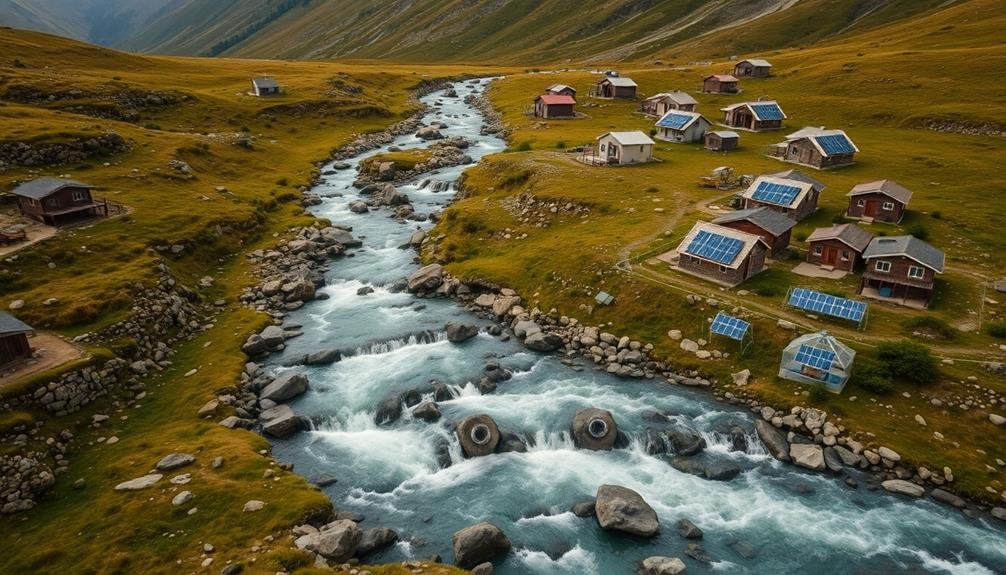
Scalability is an essential factor to take into account when implementing off-grid micro-hydro power systems. As your energy needs grow, you'll want a system that can easily adapt and expand. Micro-hydro power offers excellent scalability options, allowing you to increase your power output without significant overhauls to your existing setup.
You can scale your micro-hydro system by:
- Adding more turbines to your existing water source
- Upgrading to higher capacity generators
- Implementing advanced control systems for improved efficiency
When you initially install your micro-hydro system, it's wise to plan for future growth. This means choosing components that can handle increased capacity and designing your infrastructure with expansion in mind.
You'll find that micro-hydro power's modular nature makes it easier to scale compared to other renewable energy sources.
As your energy demands increase, you can gradually upgrade your system without disrupting your power supply. This flexibility guarantees that your off-grid solution remains viable for years to come, adapting to your changing needs and technological advancements.
With proper planning and design, your micro-hydro system can grow alongside your energy requirements, providing a sustainable and reliable power source for the long term.
Energy Independence and Self-Sufficiency
The ability to scale your micro-hydro system goes hand-in-hand with achieving energy independence and self-sufficiency. By generating your own electricity, you're no longer reliant on the grid or vulnerable to power outages. You'll have a consistent, renewable energy source that operates 24/7, regardless of external factors.
With micro-hydro power, you're in control of your energy production and consumption. You can manage your usage more effectively, reducing waste and optimizing efficiency. This self-reliance extends beyond just electricity; it empowers you to live a more sustainable lifestyle overall.
You'll also be insulated from rising energy costs and market fluctuations. Your initial investment in the system will pay off over time, as you'll no longer face monthly utility bills. This financial independence can provide long-term stability and peace of mind.
Moreover, your energy independence contributes to community resilience. By reducing strain on the grid, you're helping to create a more robust and decentralized energy infrastructure.
In times of crisis or natural disasters, your self-sufficiency can be a valuable asset to your community, potentially providing power when other sources fail.
Consistent Power Output

Micro-hydro power systems offer you a distinct advantage in consistent power generation.
You'll benefit from reliable year-round electricity production, as flowing water provides a steady energy source. Unlike some other renewable options, micro-hydro systems experience minimal flow fluctuations, ensuring a stable power output for your off-grid needs.
Reliable Year-Round Generation
One of the key advantages of micro-hydro power systems lies in their ability to provide consistent electricity output throughout the year. Unlike solar panels that depend on sunlight or wind turbines that require specific wind conditions, micro-hydro systems can generate power 24/7, as long as there's flowing water.
You'll find that micro-hydro systems are particularly reliable in areas with steady water flow. They're not affected by seasonal changes as dramatically as other renewable energy sources. Even during dry seasons, many streams and rivers continue to flow, ensuring a constant power supply for your off-grid needs.
Consider these benefits of year-round micro-hydro generation:
- Reduced dependency on backup power systems
- Lower overall energy costs due to consistent production
- Minimal maintenance requirements compared to other renewable sources
With proper site selection and system design, you can harness the power of flowing water to meet your energy needs consistently. This reliability makes micro-hydro an excellent choice for off-grid living, remote locations, or as a supplement to your existing power supply.
You'll enjoy peace of mind knowing that your energy source remains stable, regardless of weather conditions or time of day.
Minimal Flow Fluctuations
Building on the reliability of year-round generation, micro-hydro systems offer another significant advantage: minimal flow fluctuations. This means you'll enjoy a consistent power output throughout the year, unlike other renewable energy sources that may experience significant variations.
Unlike solar panels that depend on sunny days or wind turbines that require steady breezes, micro-hydro systems tap into the constant flow of water in streams or rivers. This steady flow translates to a stable power supply for your off-grid needs. You won't have to worry about sudden drops in energy production due to cloudy weather or calm days.
The minimal flow fluctuations in micro-hydro systems also mean you can rely on a predictable energy output. This consistency allows you to plan your power usage more effectively and reduces the need for large battery banks to store excess energy. You'll be able to power your appliances and devices with confidence, knowing that your energy source remains steady.
Moreover, the consistent power output of micro-hydro systems can help extend the lifespan of your electrical equipment by providing a stable voltage and current. This reliability makes micro-hydro an excellent choice for those seeking a dependable off-grid power solution.
Integration With Existing Systems
Integrating micro-hydro power systems with existing infrastructure isn't always straightforward, but it can greatly enhance your energy independence.
When you're considering adding micro-hydro to your current setup, you'll need to assess your existing electrical system and determine the best way to incorporate the new power source.
You might need to upgrade your wiring or install a new distribution panel to accommodate the additional electricity. It's essential to work with a qualified electrician who understands both micro-hydro systems and your local electrical codes. They can help you design a safe and efficient integration plan.
Consider the following benefits of integrating micro-hydro with your existing systems:
- Reduced reliance on the grid or other power sources
- Ability to use excess power for other purposes, like heating or water pumping
- Increased overall system reliability through diversification
If you're already using other renewable energy sources like solar or wind, adding micro-hydro can provide a more consistent power supply.
It can fill in gaps when solar panels aren't producing or when the wind isn't blowing, creating a more robust and reliable off-grid system.
Government Incentives and Rebates
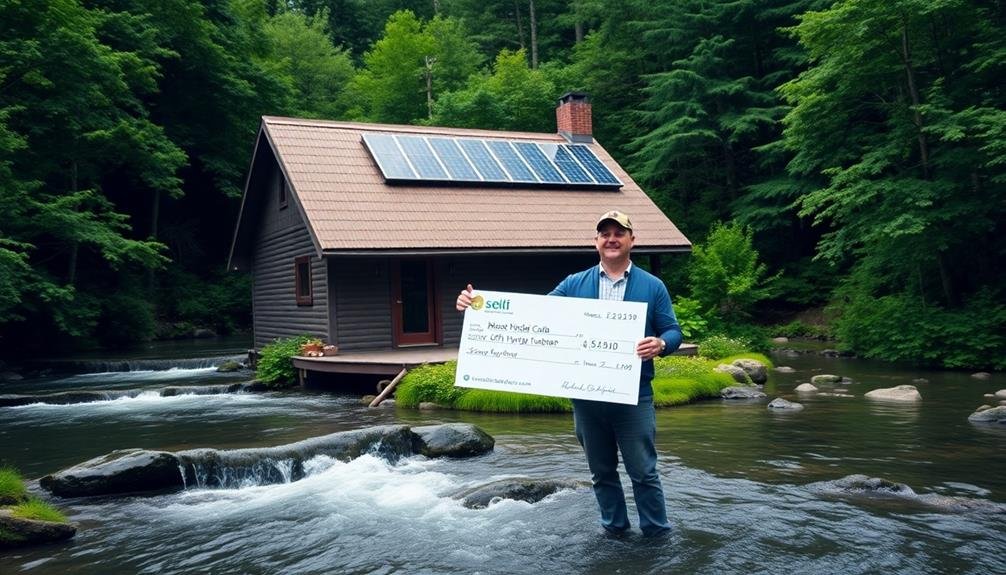
Government support for micro-hydro projects can greatly reduce your installation costs and improve the financial viability of your system. Many countries offer incentives to encourage the adoption of renewable energy sources, including micro-hydro power. You'll find a range of programs available, from tax credits and grants to low-interest loans and rebates.
To take advantage of these opportunities, research your local and national government's renewable energy initiatives. You may be eligible for multiple programs, potentially saving thousands on your installation. Here's a quick overview of common incentives:
| Incentive Type | Benefit | Eligibility |
|---|---|---|
| Tax Credits | Reduce tax liability | Based on system cost |
| Grants | Direct financial aid | Project-specific criteria |
| Rebates | Cash back after purchase | System size and efficiency |
Don't overlook utility company programs, which often provide additional rebates or net metering options. These can help offset your initial investment and improve your long-term savings. Remember to factor in these incentives when calculating your project's return on investment. They can notably shorten your payback period and make micro-hydro power an even more attractive option for your off-grid energy needs.
Quiet Operation
One of the most appealing aspects of micro-hydro power systems is their remarkably quiet operation. Unlike noisy generators or wind turbines, micro-hydro systems produce minimal sound, allowing you to enjoy the tranquility of your off-grid environment. The gentle flow of water through the system creates a soothing background noise that blends seamlessly with nature.
You'll appreciate the quiet operation of micro-hydro power for several reasons:
- Peaceful living: Enjoy undisturbed relaxation and sleep without the constant hum of machinery.
- Wildlife-friendly: Minimize disturbance to local fauna, preserving the natural ecosystem around your property.
- Neighbor-friendly: Avoid potential conflicts with nearby residents over noise pollution.
The turbine, often housed in a small shed or enclosure, further muffles any operational sounds. Most of the system's components are underground or underwater, contributing to its near-silent performance.
You can easily carry on conversations, listen to music, or simply savor the sounds of nature without interference from your power generation system. This quiet operation makes micro-hydro an ideal choice for those seeking a harmonious off-grid living experience that respects both personal comfort and environmental integrity.
Small Footprint Installation
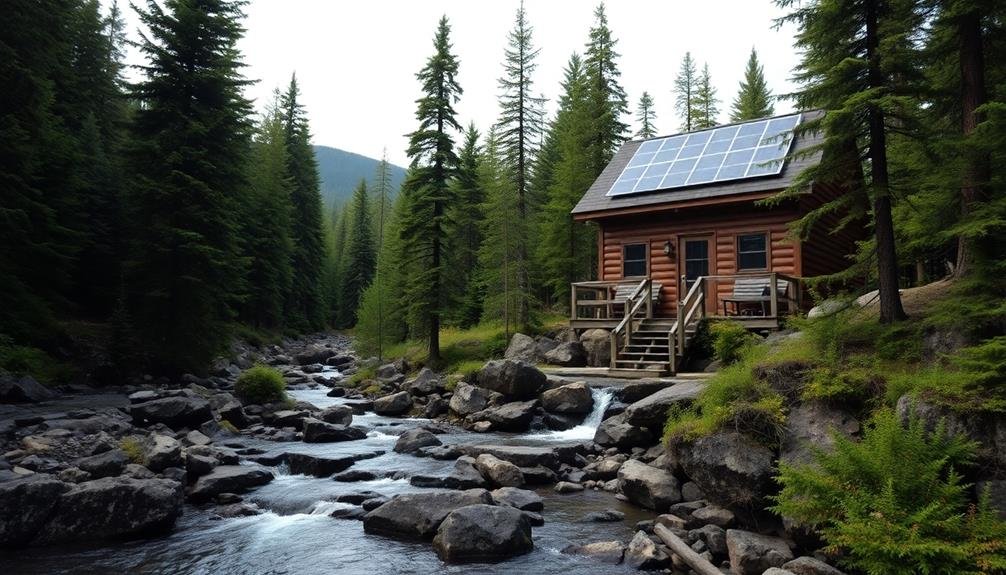
Micro-hydro power systems boast a remarkably small footprint, making them an ideal choice for off-grid installations with limited space. Unlike large-scale hydroelectric dams, these compact systems can be installed on small streams or rivers without greatly altering the landscape.
You'll find that most micro-hydro setups require just a small intake structure, a penstock pipe, and a powerhouse containing the turbine and generator.
The intake structure, typically a simple weir or screening device, diverts water from the stream with minimal environmental impact. The penstock, which carries water to the turbine, can often be buried underground, further reducing visual impact.
The powerhouse itself is usually no larger than a small shed, easily blending into its surroundings. You can even integrate the system into existing structures on your property, such as outbuildings or basements, further minimizing its footprint.
This small-scale approach allows you to harness clean, renewable energy without sacrificing valuable land or disrupting local ecosystems. Additionally, the compact nature of micro-hydro systems makes them easier to maintain and less intrusive for wildlife, ensuring a harmonious balance between your energy needs and the natural environment.
Remote Monitoring Capabilities
With modern technology, remote monitoring capabilities have greatly enhanced the management of off-grid micro-hydro power systems. You can now oversee your installation from anywhere in the world, ensuring peak performance and quick response to any issues. This advanced feature allows you to track power generation, water flow rates, and system health in real-time.
Remote monitoring offers you several key benefits:
- Immediate alerts for potential problems or maintenance needs
- Data-driven insights to improve system efficiency
- Reduced need for on-site visits, saving time and resources
You'll have access to user-friendly dashboards that display critical information at a glance. These interfaces often include customizable reports and historical data analysis, enabling you to make informed decisions about your micro-hydro system's operation.
With remote monitoring, you can easily adjust settings, perform diagnostics, and even initiate system shutdowns if necessary.
The ability to monitor your off-grid micro-hydro power system remotely not only increases its reliability but also provides peace of mind. You'll always know the status of your energy production, ensuring a consistent and efficient power supply for your off-grid needs.
Frequently Asked Questions
How Deep or Fast Must the Water Flow Be for Micro-Hydro Power?
You'll need a water flow of at least 2 feet per second and a depth of 6 inches for micro-hydro power. However, faster flows and greater depths will increase your energy output. Always assess your specific site conditions.
Can Micro-Hydro Systems Be Installed in Areas With Freezing Temperatures?
Yes, you can install micro-hydro systems in freezing areas. You'll need to protect pipes, turbines, and other components from freezing. Insulation, heat tape, and proper design can prevent ice formation and guarantee year-round operation in cold climates.
What Permits Are Required for Installing a Micro-Hydro System on Private Property?
You'll typically need water rights, environmental, and construction permits for a micro-hydro system. Check with local, state, and federal agencies for specific requirements. Don't forget to obtain electrical permits and potentially a license for power generation.
How Does Micro-Hydro Power Compare to Solar in Terms of Energy Production?
You'll find micro-hydro power often outperforms solar in energy production. It's more consistent, generating electricity 24/7, unlike solar's daylight dependency. Micro-hydro's efficiency can reach 90%, while solar panels typically max out at 20-25%.
Can Micro-Hydro Systems Be Used in Conjunction With Other Renewable Energy Sources?
You can definitely combine micro-hydro systems with other renewables. They're great partners for solar panels or wind turbines. This hybrid approach guarantees you'll have reliable power even when one source isn't performing at its best. It's a smart, diversified energy strategy.
In Summary
You've discovered the unmatched benefits of off-grid micro-hydro power. It's reliable, eco-friendly, and cost-effective. With minimal maintenance and scalability, it'll grow with your needs. You'll enjoy quiet operation and a small footprint, plus potential government incentives. Remote monitoring keeps you in control. Whether you're looking for energy independence or a sustainable solution, micro-hydro power is your best choice for a brighter, greener future. Make the switch today!
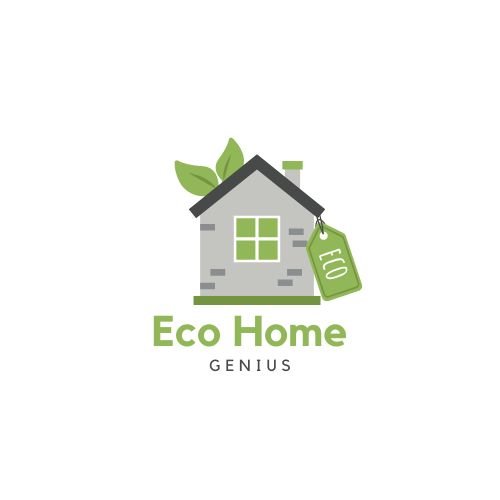


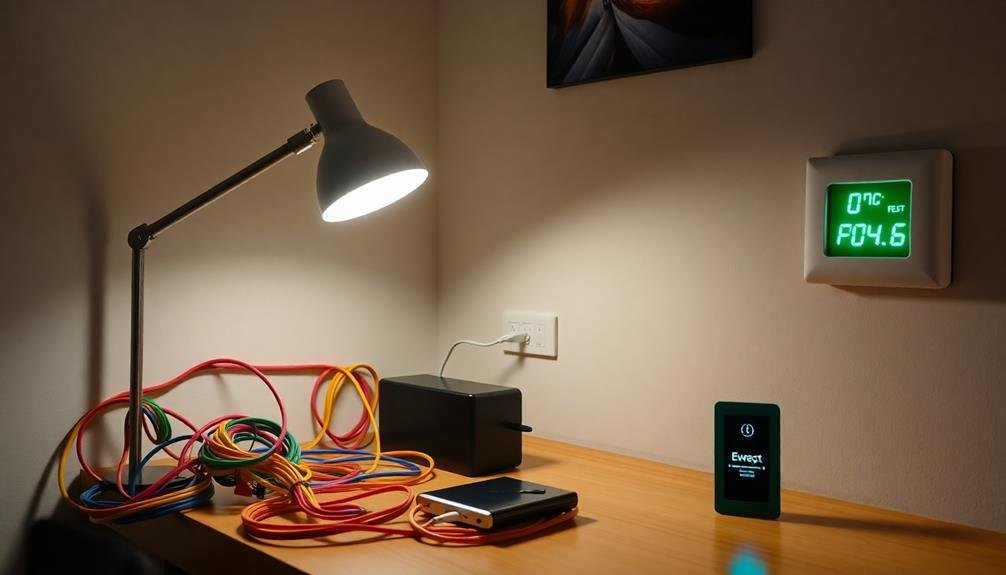
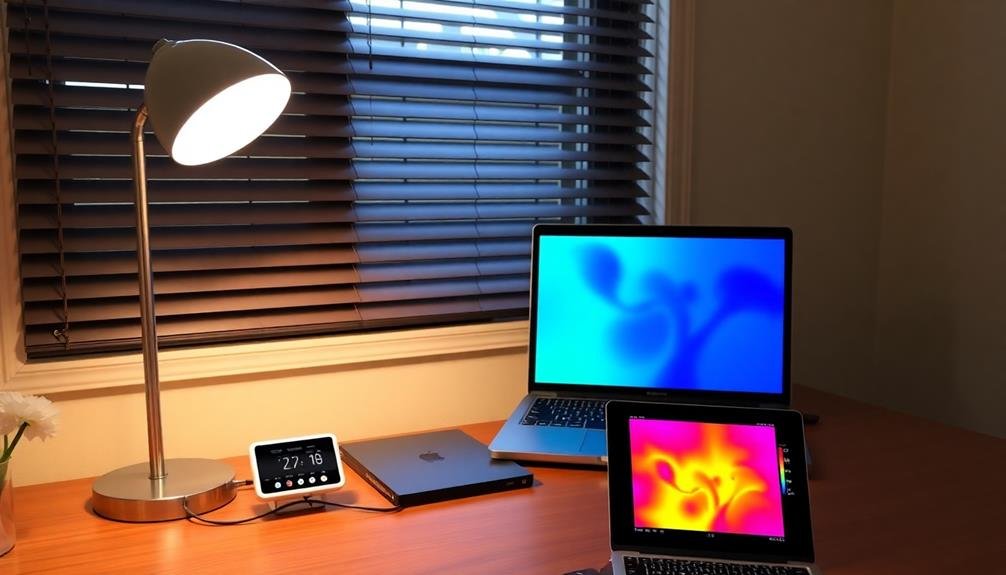
Leave a Reply